The Four Business Lessons You Can Learn From Jimmy Iovine and Dre, Or: Why Hip-Hop Is So Inspiring10/4/2018
Why is hip-hop is so inspiring? Because they created something out of nothing. Sure, every artist does this, but it seems like hip-hop had more adversity than others. I watched the defiant ones on Netflix recently and it is so motivating. I am sure lots of people will take from it that they were lucky, but serendipity does not happen when you are at home on your couch doing nothing. Here is what I took from it:
Always work towards the bigger picture. Jimmy Iovine would not have a career if he had not gone to the studio on a holiday and met Bruce Springsteen. And Jimmy wanted to quit being an engineer on Born to Run because he was tired of asshole artists. His boss told him to look at the bigger picture. Your job is not to get paid for 9-5, your job is to help the artists make the best album they can make and if you do that, you will have a friend for life. Which brings me on to... Relationships, relationships, relationships. Everything is built on relationships. Everything. Every opportunity and every risk. And they are best cultivated in person. And if not in person, then on the phone. Phone someone every day and keep that relationship hot. Whenever they signed someone tricky to get, it was because a relationship went sour and the artist wanted out. They got the artist because they worked on building and maintaining the relationship. To scale, produce the producers. Jimmy realised that he could not get across all the artists he wanted to, so he had to get other producers rather than do all the work himself. This is not managing the managers, this is leading the leaders - and everyone can be a leader. Get great people and let them do what they do. Do not try to control or manage the fall-out of great people. Just put the blinkers on them, set them down the course and let them ride. You got them for their good bits, do not try to manage their bad bits. That is part of who they are, and you will interfere with their creativity and passion if you do. I found this so interesting and I for one have got a habit I want to try - phone every day. What are you going to try from this list? Let me know in the comments. We choose our own actions. Even when we are planning the future, it is the planning that we are doing in the present moment. We only have the present to do things and only a series of present moments before the future becomes the present and then just as quickly becomes the past. Wishing is the worst of future activities. Wishes get you nowhere. Next best is planning. This can be helpful but can also be disguised procrastination. If you are planning in the present moment, then this is also time that cannot be spent actually doing the activities that will move your plan forward. Realise this and also that 'no plan survives first contact with the enemy' as well as the fact that you are unlikely to be planning to lead men into war. If you plan fails, it does not matter. Try something else. If it can be helpful to plan, but also if the plan is likely to change and is not life-threatening, then how much time should you. Spend planning? As little as possible. Say, ten minutes? A plan can protect us from busy work. We just need to make sure that doing the plan, and the associated tasks of keeping it up to date does not become the busy work itself. A quick rule of thumb for planning quickly: Plan top-down using no more than three steps. Then list no more than three steps below these as sub-tasks sub-steps. This forces you to keep it really simple. Do not over complicate things. You do not need much structure to know what you should be doing right now. Keep it simple to the point that it seems too simple. Then do the first thing that you can do. You do not need much more than this to start. Just start. For a long time, I have not been interested in word gymnastics about management and leadership. There are many books and articles that do just that. I always used to think as leadership as good management, and management as mediocre or poor management. This used to annoy people that considered them as vastly different things. But in my flippant disregard for language, what I meant by being a good manager, and therefore a leader, is simply that you set your own work for you and your team rather than simply carrying out the instructions from above - mediocre or poor managers can do that. This is what led to my disdain for a difference in language as I could not see why anyone would be a manager that did not want to plot their own course. And I did not see why any leader would want a manager that did not want to help decide in which direction to work towards. If a manager is simply managing, then why do we need them? Cut out the middleman. On a recommendation from my day-job boss, I have started read Leadership Plain and Simple, which has solidified my previous thinking, although the book too does draw a distinction. This book brought to life the part that I was trying to convey. The future. Leaders have a vision of the future. Something they are striving for. Something that needs to be different. When people think leadership and management are different it is surely the future element that is missing from the latter. This is what I mean when I say leadership is just good management because I was blind to the fact that anyone would not want to plot their own course for the future if they were a manager. If word gymnastics are in order, then a clearer distinction should be between leader/manager and manager/supervisor. If you just want to baby sit some employees and be a message regurgitate, then you are a supervisor. If you think up some better version of the future and then put that into action? Now you are a leader.
This weekends link posts start with a great one from Barking Up The Wrong Tree on how to actually work smarter not harder. Some stand outs for me:
1) Do Less - Then Obsess By using a variation on a classic scientific principle. "Occam's Razor" says the simplest answer is often the best. So start ruthlessly cutting all the activities in your workday that aren't producing value. Ask: How many tasks can I remove, given what I must do to excel? Remember: As few as you can, as many as you must. Reduce the number of activities you perform - and reallocate that time to intensity. There is loads more in this great article. Go check it out.
When will you know when enough will be enough? When will you know when to quit? When to try something new? When to move on?
It is not often in our lives that we have a big event, an epiphany, a big decision, the benefit of hitting rock bottom, that causes us to go one of two clear-cut ways. Most of the time is spent leading up to this point so that it never happens as a Big Bang, to more of the time is spent avoiding any decision at all. Is it right to expect anyone else to change? Have you seen enough evidence already? What will be different in the future? You know the answers to these questions even if you do not like to admit it. The real questions are: How much longer are you going to accept this? This behaviour. The standards you have set for yourself. When will you know when enough is enough? The next time? The time after that? How will you know which straw will be the last straw? You do not want to wait until the proverbial camel's back is broken as that will be longer and more painful than avoiding the loading of all the other straws right now. Then comes the real question, You probably know the answers to all the other questions already, although you choose not to admit them to yourself. The real question is, are you willing to accept the pain now? The pain of change. The pain of not knowing if everything would have turned out alright. The pain of uncertainty. One is a short-term pain with longer better future. The other is a chronic disease that you have probably got so used to that you do not even notice it. Knowing which is which is the key to a good life. Possessions, career ladder, salary. Freedom, lifestyle, experiences. Know which is which and what it takes to get there. Which type of pain and which benefits do you want?
A few people at my day job have recently left to "pursue other opportunities."
One got made redundant, is close to retirement but yet did not want to go and retire on the pay-out, instead wanting to carry on working and will seek another job after a small break. A couple of people have gone into consulting for some big money but a lot of travel and long hours, so they will be impacting their family life as a result. What are they working for? What are they earning the money for? DO they love what they do? Do they hate their families? Who knows? Maybe not even them if they have not stopped to work it out. The latest person to leave has given extended notice (six months instead of three) so she hopes that a replacement can be found and have a good handover. How novel an idea that there would be some continuity in a key job. I wonder if HR will catch on ;-) But she is leaving to do charitable work or work for a non-profit. They always said later in their career they wanted to give back rather than working for big corporations all their lives. I thought that this was so refreshing. Obviously, people who have made big bucks, celebrities and politicians wives always go on the non-profit train because it is noble and because they have the means to do it. But to hear from a 'normal' person that they have always wanted to do this and actually having the courage to follow through with it, with nothing to go to, is quite inspiring. If you do not follow through in actions, that which your mind desires, then they can never come to fruition. I found it strange that I know no one who has left to start their own business apart from a consulting business of one person, for tax purposes. But no one has built a product business or anything remotely scalable. It is like everyone is brainwashed to use time to earn money rather than the other way around.
If you spend 100% of what you earn, inflation will go up (or the value of money approaches its true worth - nothing) and you will, therefore, need to get paid the same percentage more as inflation to stay even.
If you get a pay-rise in line with inflation (assuming inflation is calculated fairly which it is not) then you will be even. But inflation is not calculated correctly because it excludes things you actually need to live, like rent and house prices, like pensions moving to defined contributions etc. So why should you settle for a percentage increase? Skip ahead to consider the flip-side. Imaging you are already 3 to 4 times higher on the hierarchy at work and you are making good money now. Groceries are only 10% of your salary and you have loads of extra cash to spare from your wage even after all expenses. Why should your wage go up by the same percentage as retail prices? TO keep the maths very simple, if groceries cost you £100 a month, 2% increase is £2, but you are getting 2% increase on your £1000 a month salary which is £20. You are £18 better off for a cost of living increase. The cost of living rise does not work. It benefits the rich. Or does it just benefit those who happen to be living below their means? Both. The rich could be squandering all their extra salary on 'stuff' and why should they be worse off if RPI goes up? Similarly, you can have the effect of the rich right now by living below your means and taking the upside. Or you can just earn more money, work harder, work on yourself, become a lynchpin, suggest new ideas, start a side business, sell stuff in the attic, sell things from garage sales. But do not complain. I saw a homeless person with an iPhone. You can start a business with that same device in your pocket. You have all the knowledge you need inside it even if you do not know where to start - the internet. Just fucking do something to pull yourself out of the hole, but do not moan about economic conditions. You can see what the economy is going to be like if you educate yourself - factor it in. Get ahead of the game.
All caught up. Caught up on inbox zero, on chores, on busy work. Now I can get down to something big and meaningful, you might tell yourself. It is a great feeling being caught up. All the psychological weight of incoming tasks has gone. You feel free, you feel motivated, you feel like you have time to do something big. But, like everything, it is fleeting. What happens when the next email hits, when the next interruption stings by your desk, when it is time to go to the next meeting?
'I'll just do this one thing now, so I can be caught up again.' 'It's only small and I like the feeling of being caught up, so I'll just do this small thing and THEN get onto the big stuff.' But guess what? This type of thinking is what got you here; this type of thinking is standing in the way of growth; this type of thinking leads to a life of mediocrity. Just like Covey's big rocks and sand analogy, you must make time for the big things first. An entire life can be wasted if you focus on busy work. Will you really care that you got to inbox zero every day in a job that you hated? This is the trap that many people who complain of 'having no time' fall into. Not realising that just starting the day with something big and proactive is all the change that is needed. The busywork can still get done in a reduced amount of time; or it will not get done; or sometimes it just sorts itself out. All are manageable if you have already made progress on the big stuff. Gary Vaynerchuk posted a great reminder the other day: 99% of stuff does not matter. Stop worrying about dumb shit. Focus on the important and put this first. Execute
In making any product, there is a balance of making it better or spending time and money promoting it as it is. Without knowing what will be the best return on investment, it is hard to decide on either.
The same is true in your career. You can either spend your time broadly in two areas: schmoozing or getting your head down doing actual work. It is difficult to know where to draw the balancing line especially if your natural tendency is to plan out improvements, get stuck in and execute rather than shout out, self-promote and take credit. But you must spend the time to cultivate this. Assuming you are not already, many a person has made a career and risen the ranks just by attending the right meetings and being close to the right people despite being mediocre best. If you do not believe in yourself, who will? If you do not champion yourself, who will? If you do not shout about yourself, who will? Well, some people will, and most will not. Elon Musk has said in the past that he does not spend a penny on advertising Tesla, instead preferring to invest in making the product better. This is a good model to strive for, but he does put on press conferences, do talks, interviews and publicity stunts, so he is still getting his message out there. He is still investing his time into marketing even if his money does not follow. How can you get noticed today? What can you do to push yourself out of your comfort zone today? Who can you model yourself on that is really good at this? What would they do?
Where do you want to get to? It could be getting promoted, passing an exam to get a qualification, it could be gaining a certain amount of money.
Why do you want that? This will help keep you going when the times get tough. Even if you stumble, it will act as your guiding light to get you back on track. But the most important questions are needed to distil a habit: What would a person who has already achieved the things you want BE like? How would they act? How would they think about things? What would be their outlook on life? How can you be like those things right now? What do you think they would do each day? What would you need to do each day to be like them even if they do not need to do them each day? What would it look like if it was easy? Start with the smallest daily thing that you will be able to do no matter what. No matter if you are ill, if you are injured, if a crisis happens and you have no time. Something that is so small that it seems insignificant. Something that you are likely to do more than necessary because it seems too small. Consistency over intensity is where habits build into greatness. Day by day by day. This is where the real change happens, inside yourself first before others will ever see it. This is where your focus should be. Do the exercise. Find your habits and then get your head down and commit to them. Look up occasionally to see if you are still going in the right direction. Check in to see if your 'why' is strong enough. And then get your head back down and work. |
Archives
August 2020
Categories
All
|
MeeTime Copyright © 2016
*Goldman Sachs, Rolls Royce, Nielsen, Molson Coors, DXC Technologies, Hewlett Packard Enterprise and their respective logos are trademarks and are in NO WAY affiliated, endorsed by or associated with MeeTime.
MeeTime Ltd is a participant in the Amazon Services LLC Associates Program, an affiliate advertising program designed to provide a means for sites to earn advertising fees by advertising and linking to Amazon.com.
*Amazon and the Amazon logo are trademarks of Amazon.com, Inc., or its affiliates.
Additionally, MeeTime Ltd participates in various other affiliate programs, and we sometimes get a commission through purchases made through our links.
*Amazon and the Amazon logo are trademarks of Amazon.com, Inc., or its affiliates.
Additionally, MeeTime Ltd participates in various other affiliate programs, and we sometimes get a commission through purchases made through our links.

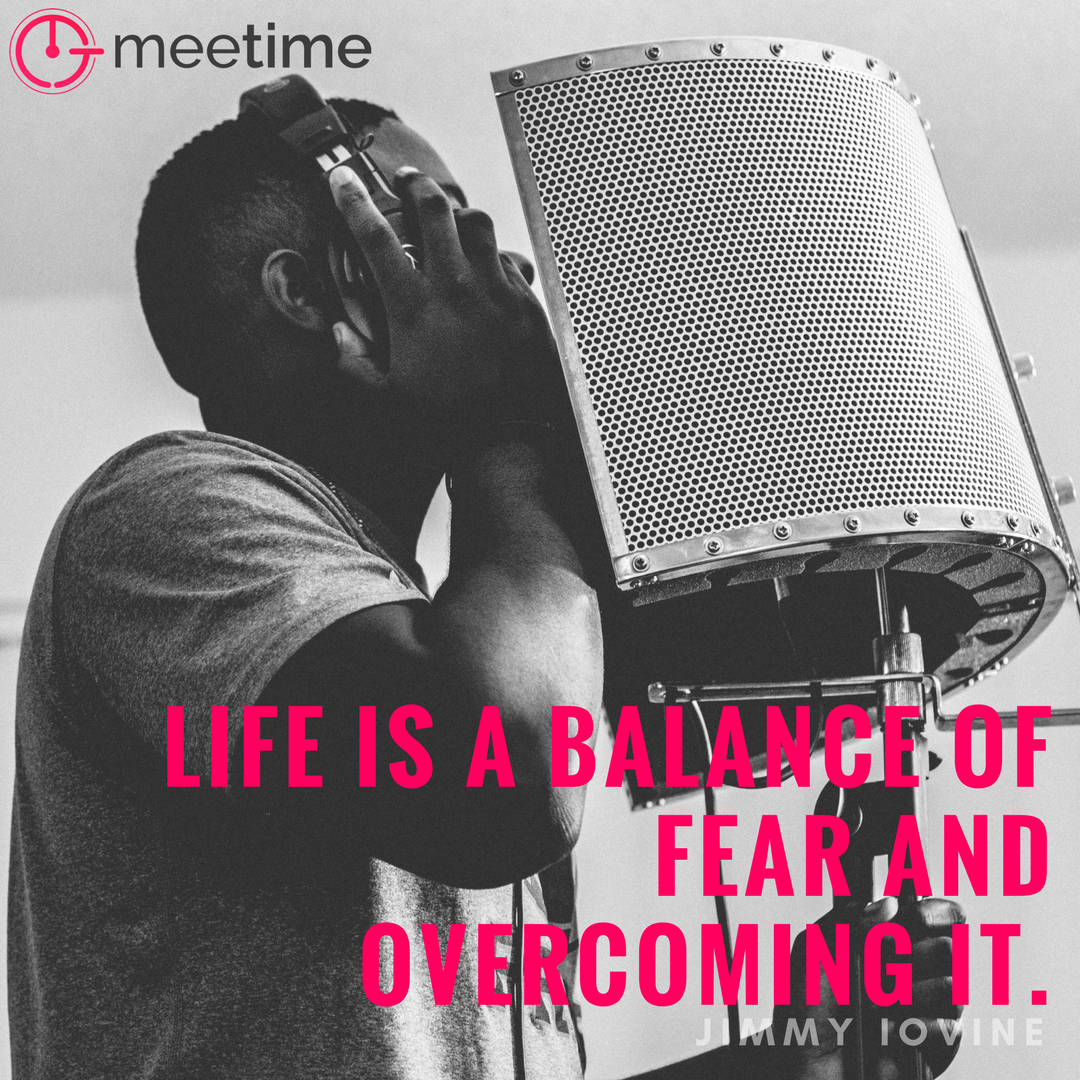

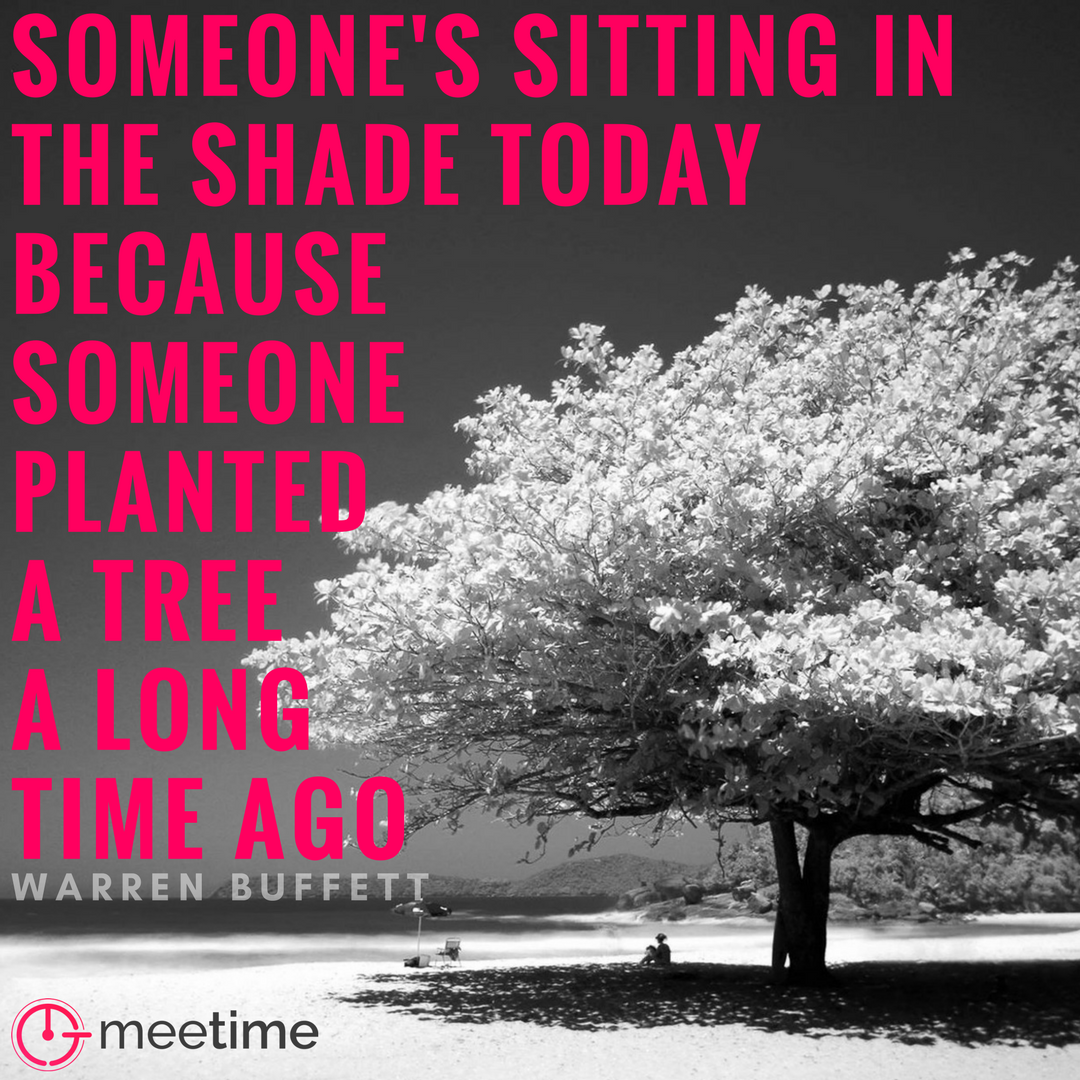

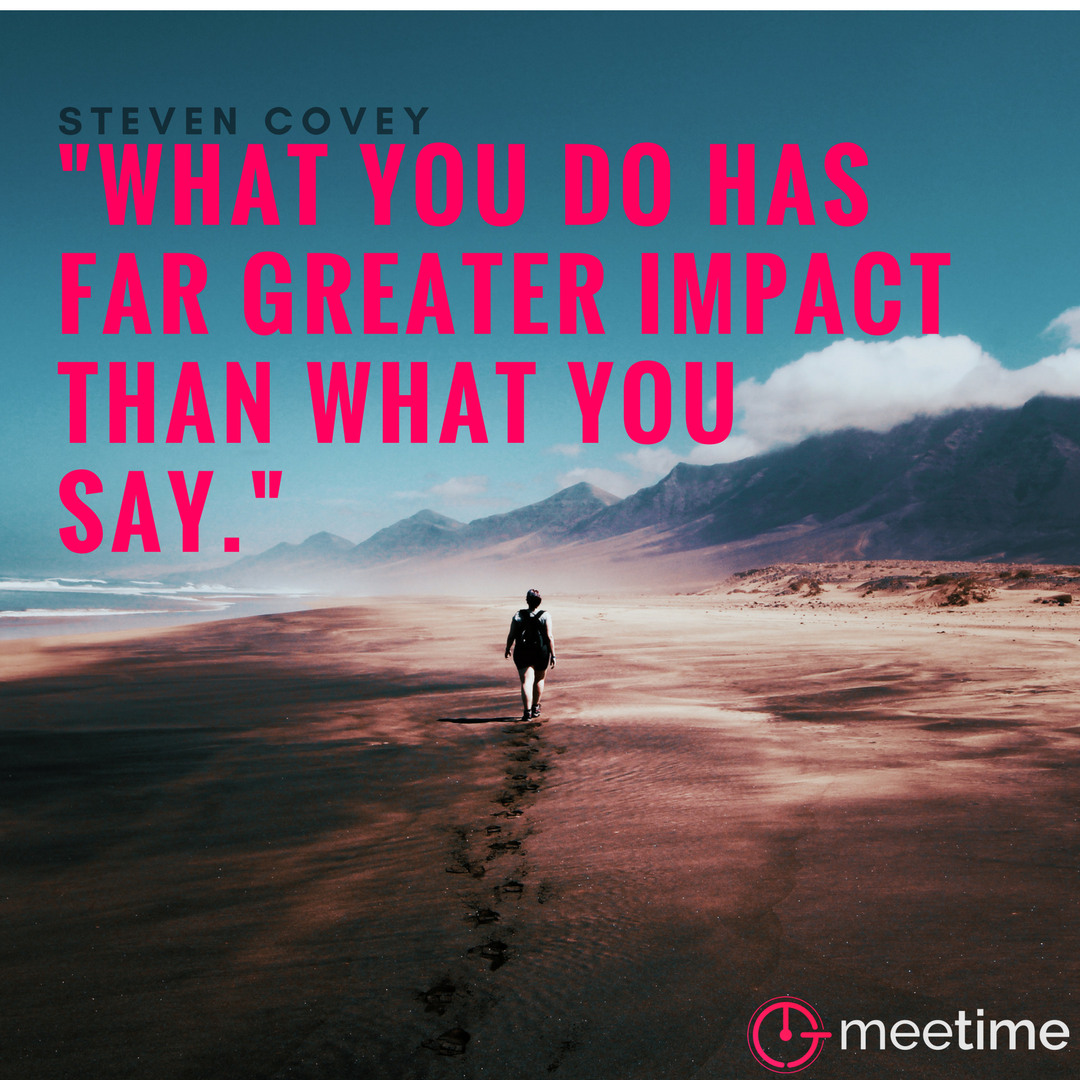

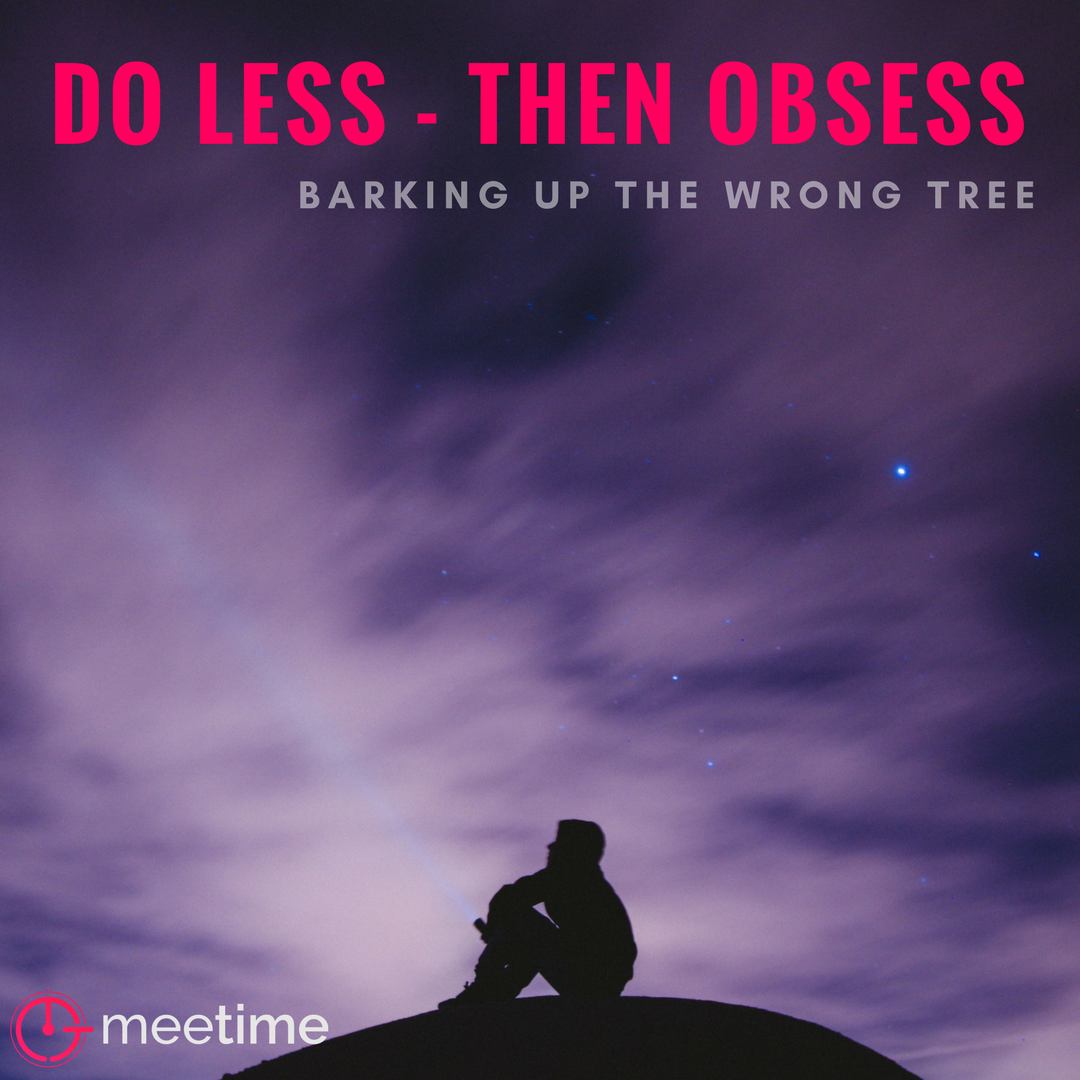

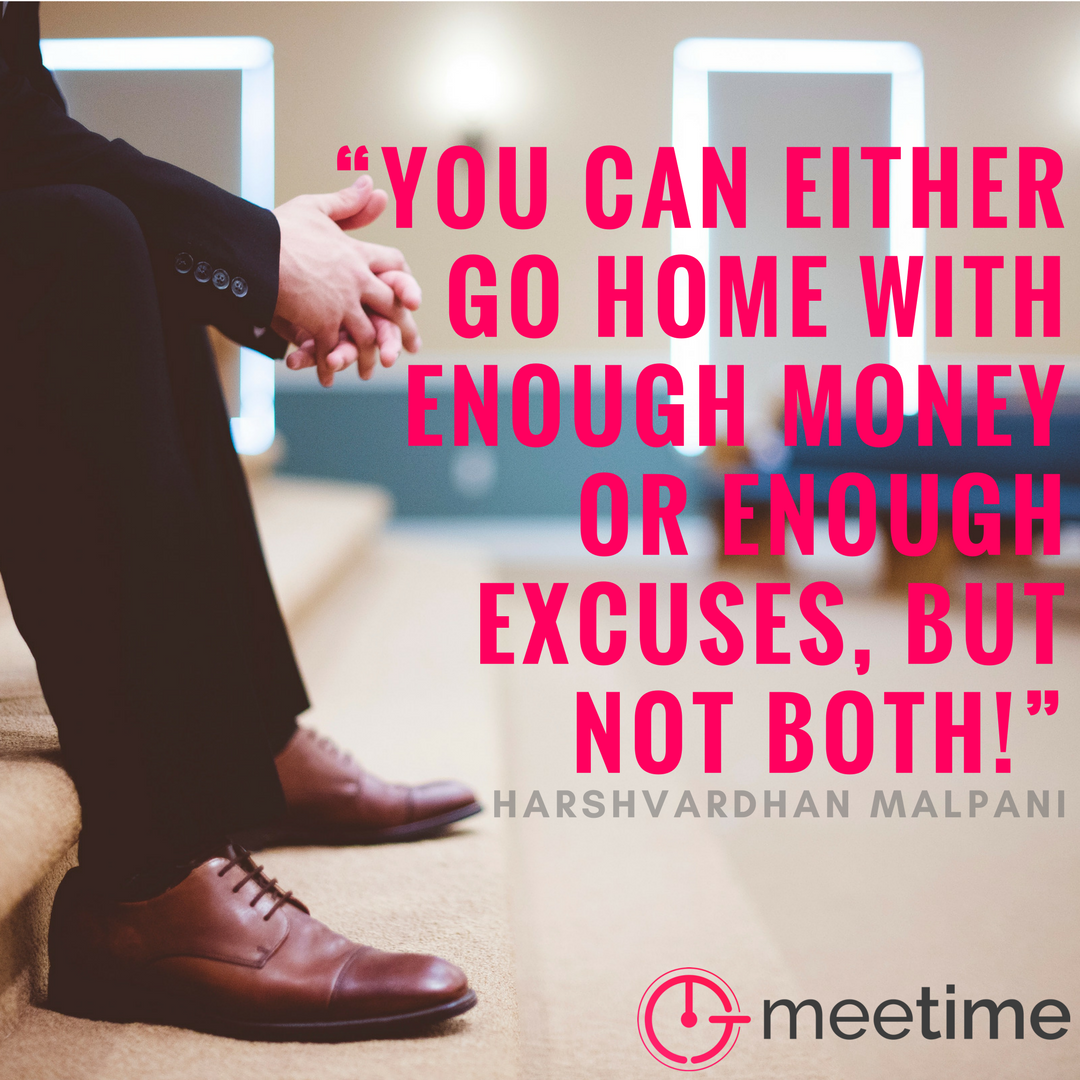

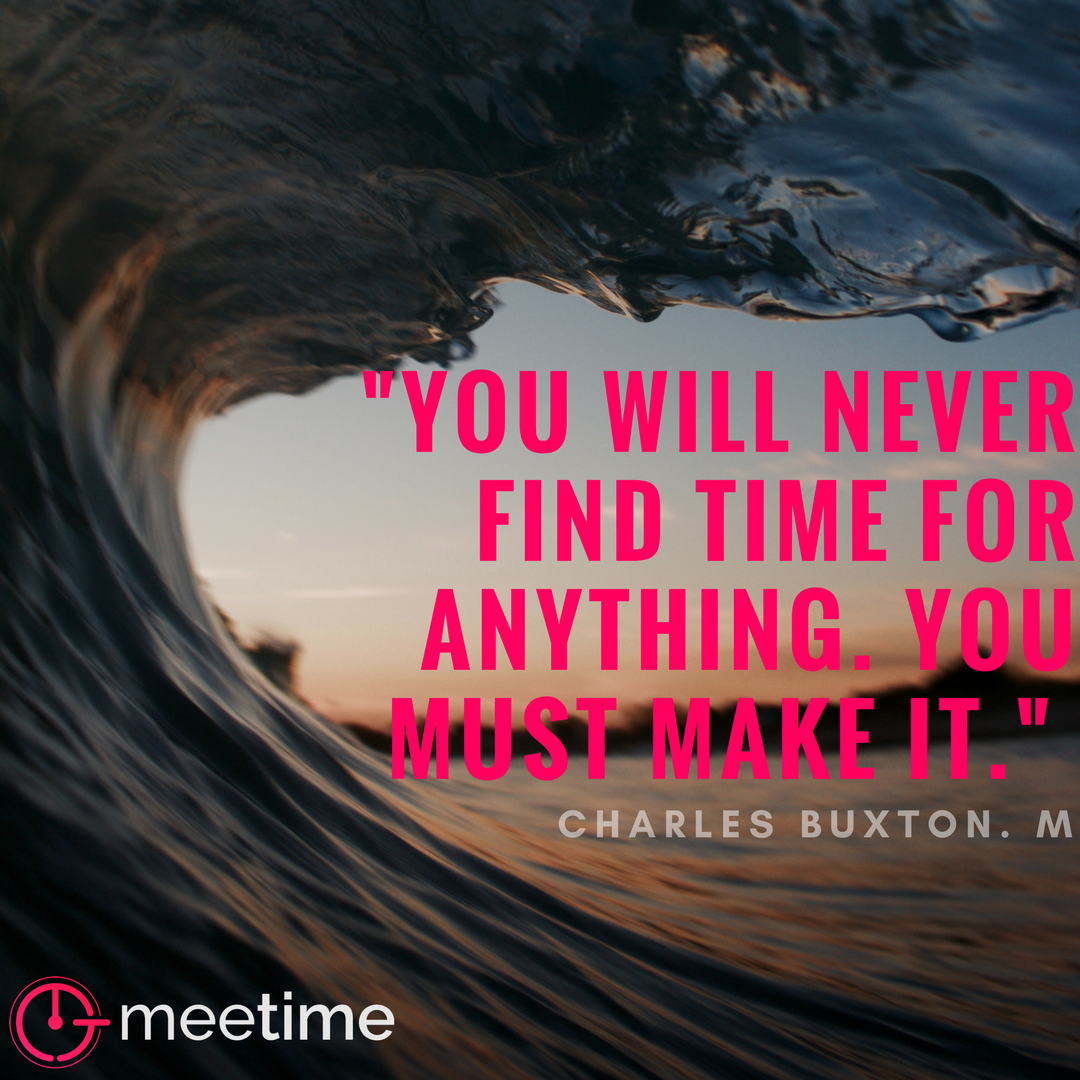



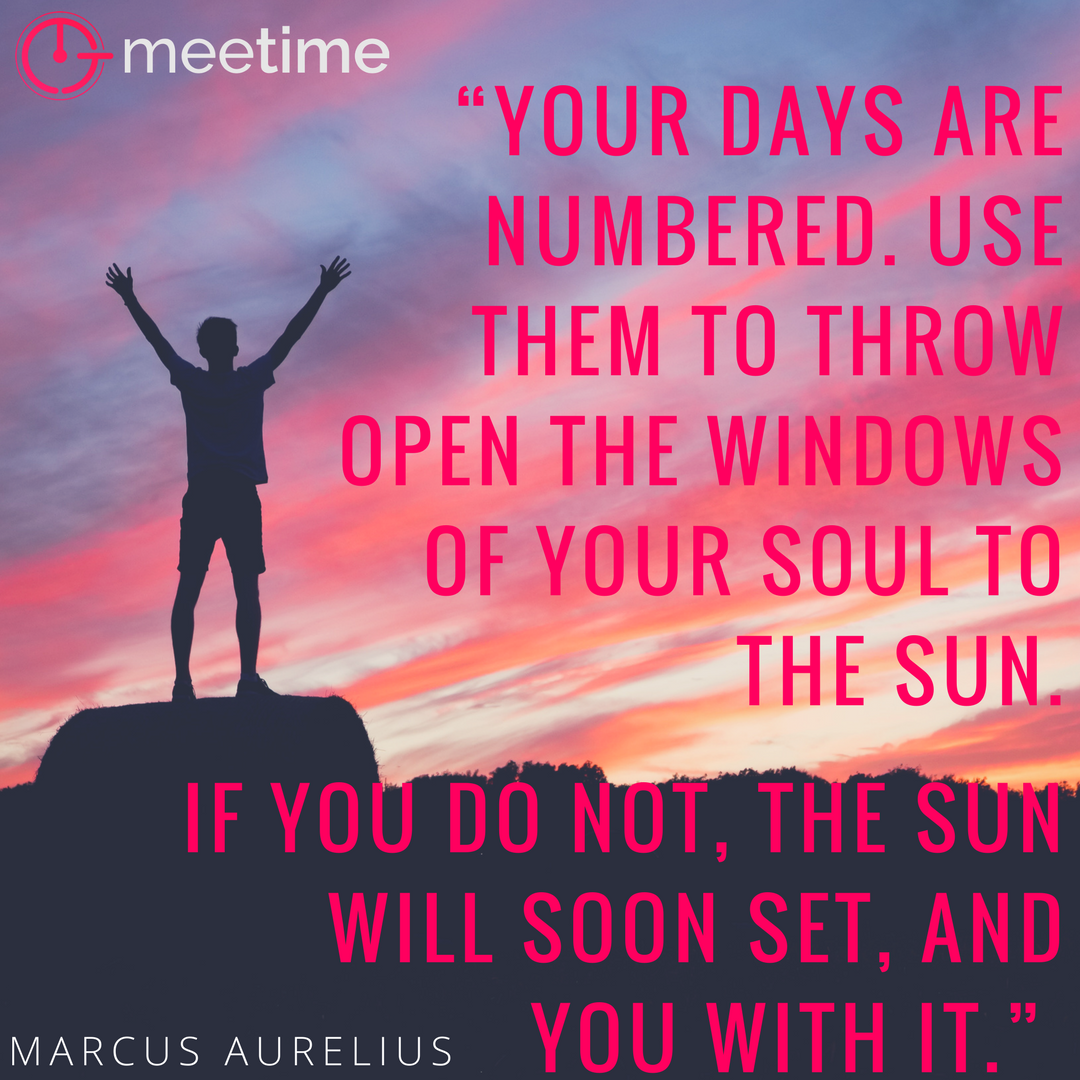

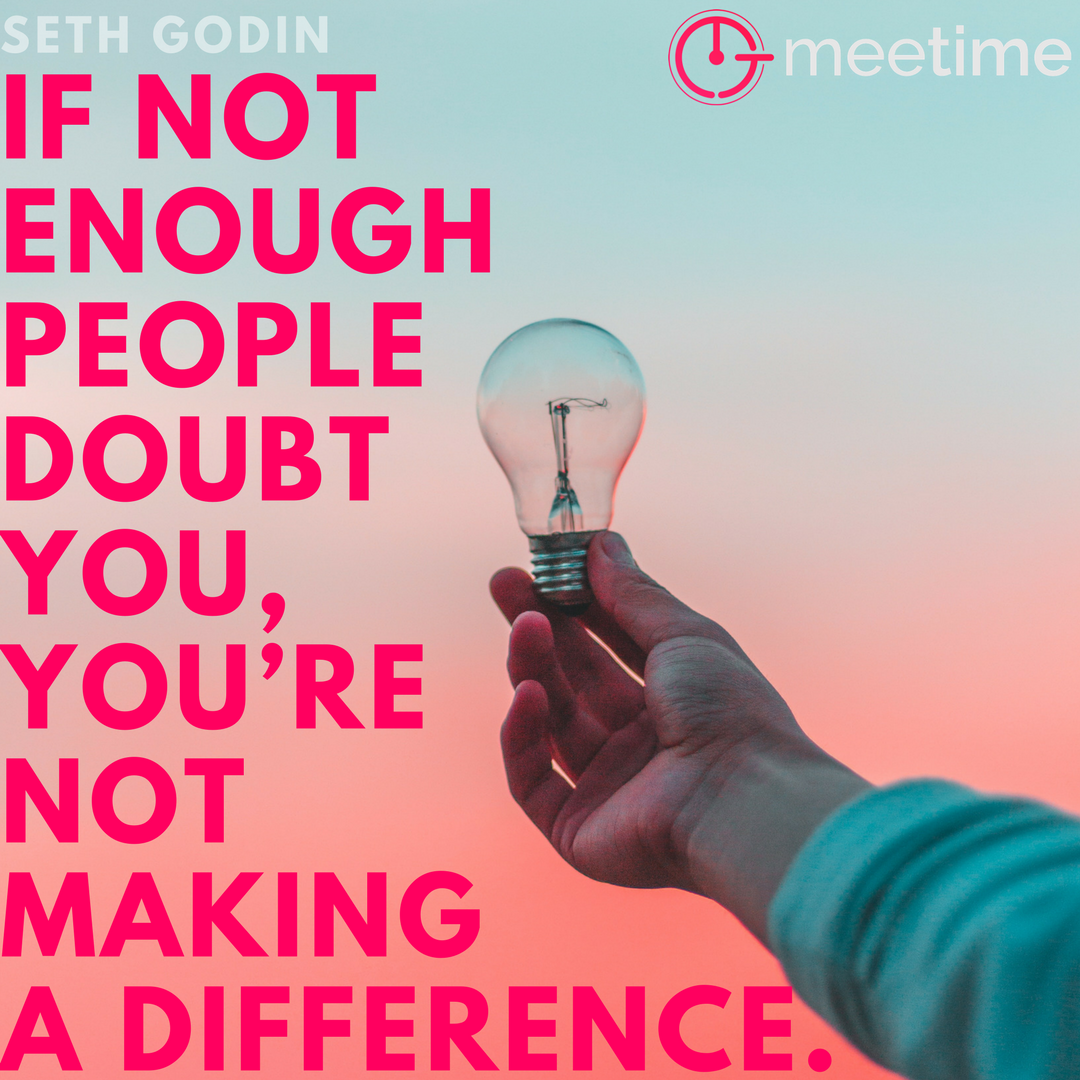

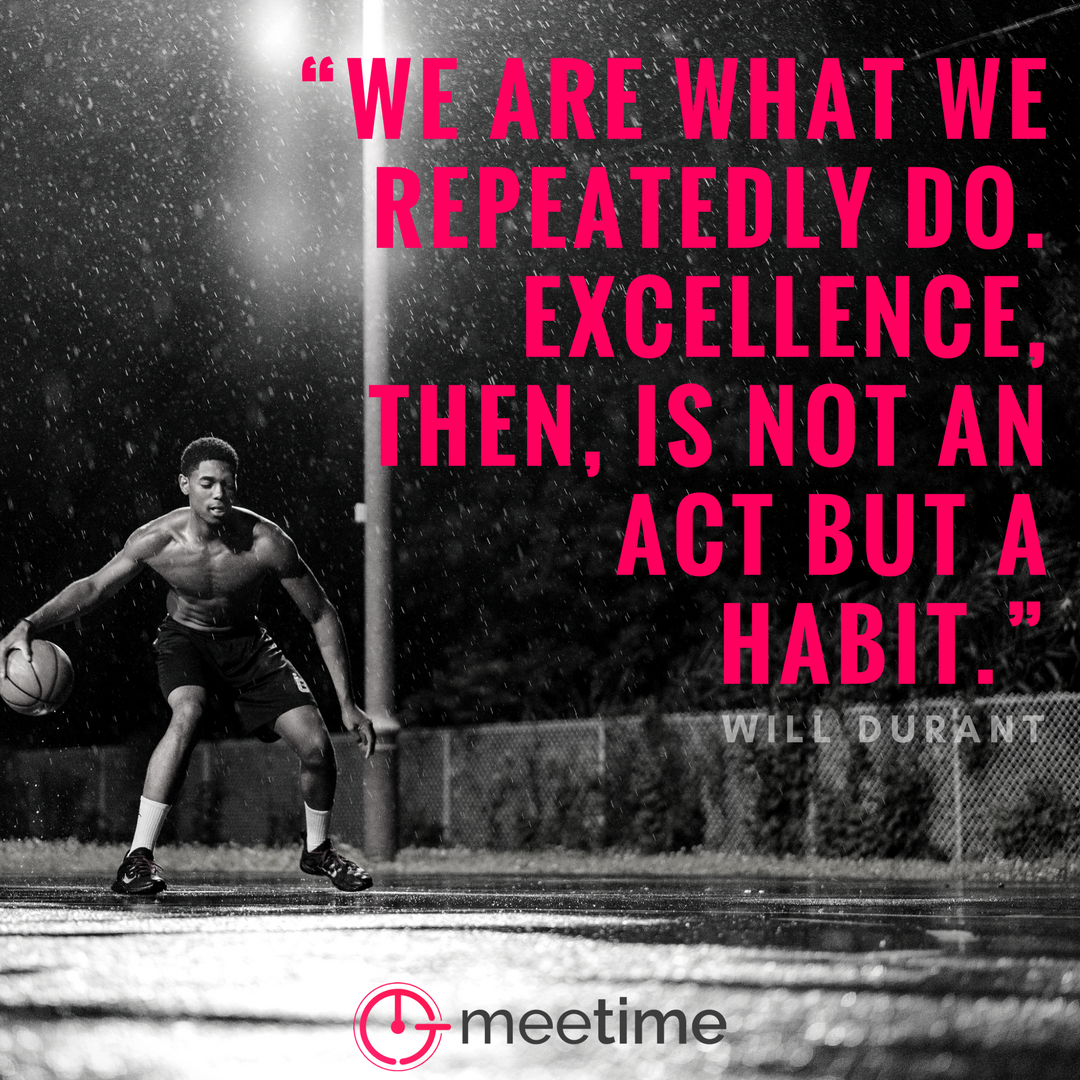

 RSS Feed
RSS Feed